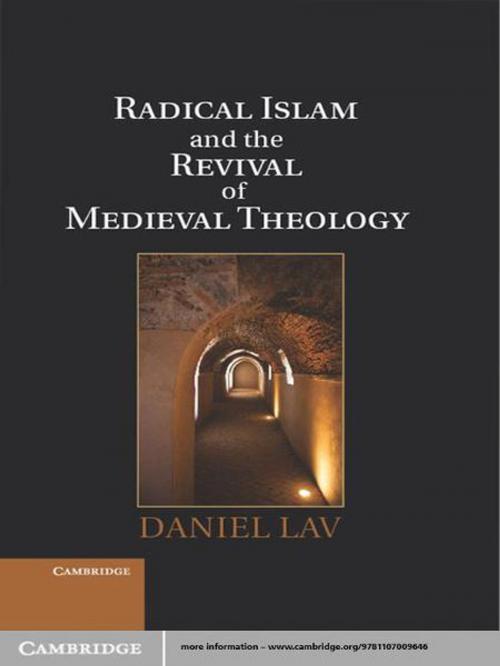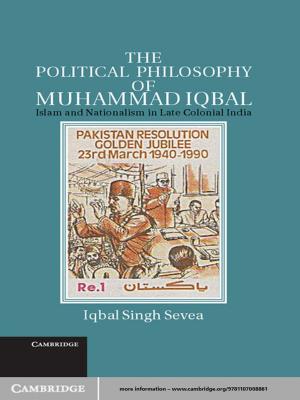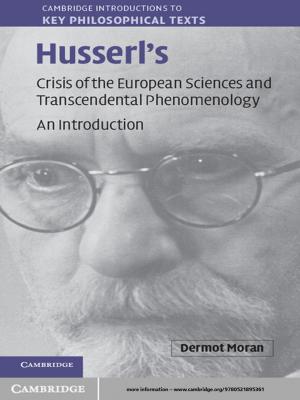Radical Islam and the Revival of Medieval Theology
Nonfiction, History, Middle East, Religion & Spirituality| Author: | Daniel Lav | ISBN: | 9781139234405 |
| Publisher: | Cambridge University Press | Publication: | February 29, 2012 |
| Imprint: | Cambridge University Press | Language: | English |
| Author: | Daniel Lav |
| ISBN: | 9781139234405 |
| Publisher: | Cambridge University Press |
| Publication: | February 29, 2012 |
| Imprint: | Cambridge University Press |
| Language: | English |
With a scope that bridges the gap between the study of classical Islam and the modern Middle East, this book uncovers a profound theological dimension in contemporary Islamic radicalism and explores the continued relevance of medieval theology to modern debates. Based on an examination of the thought of the medieval scholar Taqī al-Dīn Ibn Taymiyya (d. 1328), the book demonstrates how long-standing fault lines within Sunni Islam have resurfaced in the past half-century to play a major role in such episodes as the Qutbist controversy within the Muslim Brotherhood, the split between radical salafīs and politically quietist ones, the renunciation of militancy by Egyptian and Libyan jihadist groups, and the radicalization of the insurgency in the North Caucasus. This work combines classical Islamic scholarship with a deep familiarity with contemporary radicalism and offers compelling new insights into the structure of modern radical Islam.
With a scope that bridges the gap between the study of classical Islam and the modern Middle East, this book uncovers a profound theological dimension in contemporary Islamic radicalism and explores the continued relevance of medieval theology to modern debates. Based on an examination of the thought of the medieval scholar Taqī al-Dīn Ibn Taymiyya (d. 1328), the book demonstrates how long-standing fault lines within Sunni Islam have resurfaced in the past half-century to play a major role in such episodes as the Qutbist controversy within the Muslim Brotherhood, the split between radical salafīs and politically quietist ones, the renunciation of militancy by Egyptian and Libyan jihadist groups, and the radicalization of the insurgency in the North Caucasus. This work combines classical Islamic scholarship with a deep familiarity with contemporary radicalism and offers compelling new insights into the structure of modern radical Islam.















